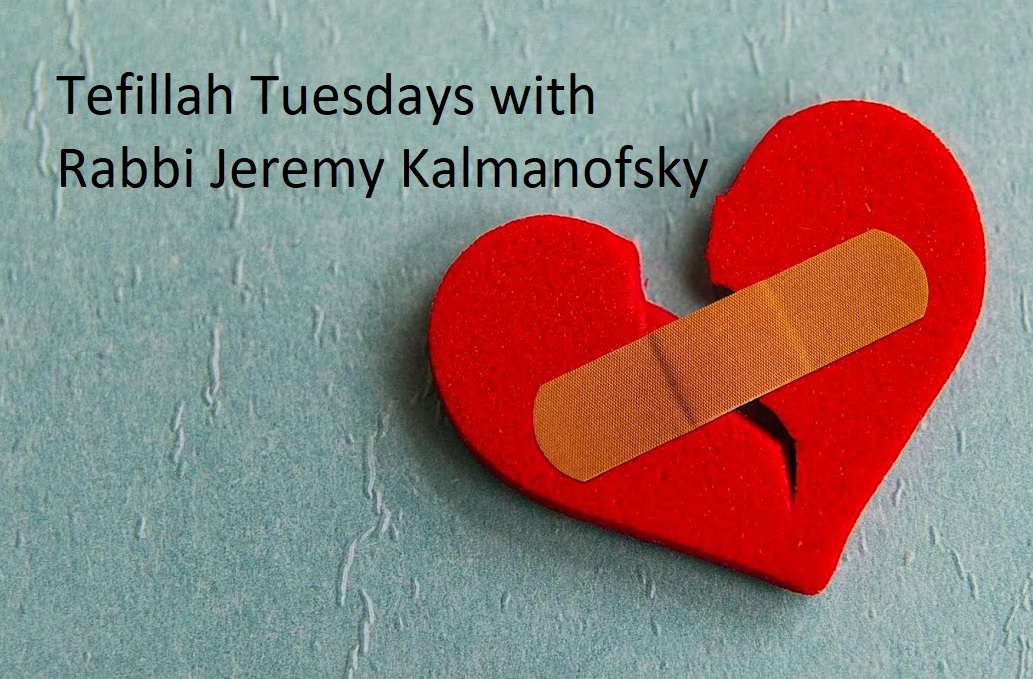The Lord heals the broken-hearted, and binds up their wounds [Psalms 147.3].
The God of Israel, as displayed in the Bible, can be thunderously grand, demanding justice, punishing pharaohs, speaking in earthquakes and storms, laying waste to cities, moving empires around.
And sometimes the Biblical God is a tender healer, whose arm goes around the suffering child’s shoulder, whose empathetic ear hears your sad story, who dries the tears off your cheeks. As we daven this verse, in Psalms 147, we approach the smaller, warmer, less austere face of God.
But wait a moment. Are we sure that God should “heal” broken hearts? Another verse [Psalms 34.18] tells us that “the Lord is close to the broken-hearted.” And didn’t R. Menachem Mendel of Kotzk say “there is nothing so whole as a broken heart?” If pain brings divine nearness – if our pain signifies our perfection and depth – maybe we should treasure our broken-heartedness, not heal it.
The Hasidic figure R. Simcha Bunem of Parshyscha [the Kotzker’s own rebbe] addressed this question, suggesting that when the verse describes God’s healing, it doesn’t mean that anyone’s heart-break is erased, or that a person becomes “good as new.” Rather it means that God “binds up their wounds”: the wounds are still there, but God bandages and salves them, taking away the debilitating pain that can prevent a life of love and worship. You should be heart-broken, said R. Simcha, but you should not be sad.
Ideally, you should be a broken-hearted person. But let your heart not be broken-down, but broken-open.





